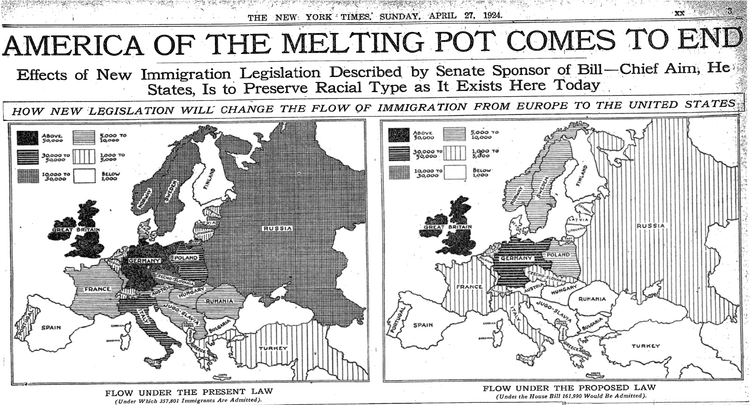1920s: Cultural and Political Controversies
Daniel Miller
4 min read
Study Guide Overview
This study guide covers the Roaring Twenties in AP US History, focusing on post-war anxieties and nativism. Key topics include the First Red Scare (Palmer Raids), the rise of nativism, and restrictive immigration laws like the Emergency Quota Act and National Origins Act. The guide also examines the Sacco & Vanzetti case and its impact.
#AP US History: Roaring Twenties - The Ultimate Study Guide 🚀
Hey future AP Historians! Let's dive into the 1920s, a decade of HUGE change and some serious drama. This guide is designed to make sure you're not just remembering facts, but understanding the big picture. Let's get started! 💪
#1. Post-War Anxieties & Nativism
#1.1 The First Red Scare
The First Red Scare was fueled by fears of communism and anarchism after WWI. It led to the Palmer Raids, a series of government crackdowns on suspected radicals. Think of it as the US government being super paranoid about anything that smelled like socialism.
- Trigger: Anarchist bombings in 1919. - Key Players:
- A. Mitchell Palmer: Attorney General who launched the raids.
- J. Edgar Hoover: Head of the newly formed FBI.
- Targets: Communists, socialists, anarchists, and labor activists (like Emma Goldman).
- Impact: Civil liberties were violated, and many were unjustly deported. 🚨
#1.2 Nativism and Immigration Restrictions
Nativism, or anti-immigrant sentiment, was a major force in the 1920s. It led to discriminatory immigration laws.
- Background: Massive immigration before and after WWI (20 million between 1890-1924).
- Emergency Quota Act (1922): First numerical limits on immigration. 🚫
- Limited immigration from non-Western Hemisphere countries to 3% of the number of residents from that country living in the US in 1910. - National Origins Act of 1924: Made the quotas stricter and permanent.
- Reduced the percentage to 2% and moved the reference date back to 1890. - Designed to limit immigration from Southern and Eastern Europe.
- Exclusion of Asians: The Chinese Exclusion Act (1882), the Gentlemen's Agreement with Japan (1907), and the Immigration Act of 1917 (Asiatic Barred Zone) continued to exclude most Asians. ⛔

#A political comic criticizing anti-Immigration policies
- Sacco & Vanzetti: Italian anarchists convicted of murder in a biased trial. Their execution became a symbol of nativist injustice. ⚖️

#A newspaper headline discussing the National Origins Act
Remember "1920s Nativism
Continue your learning journey

How are we doing?
Give us your feedback and let us know how we can improve





